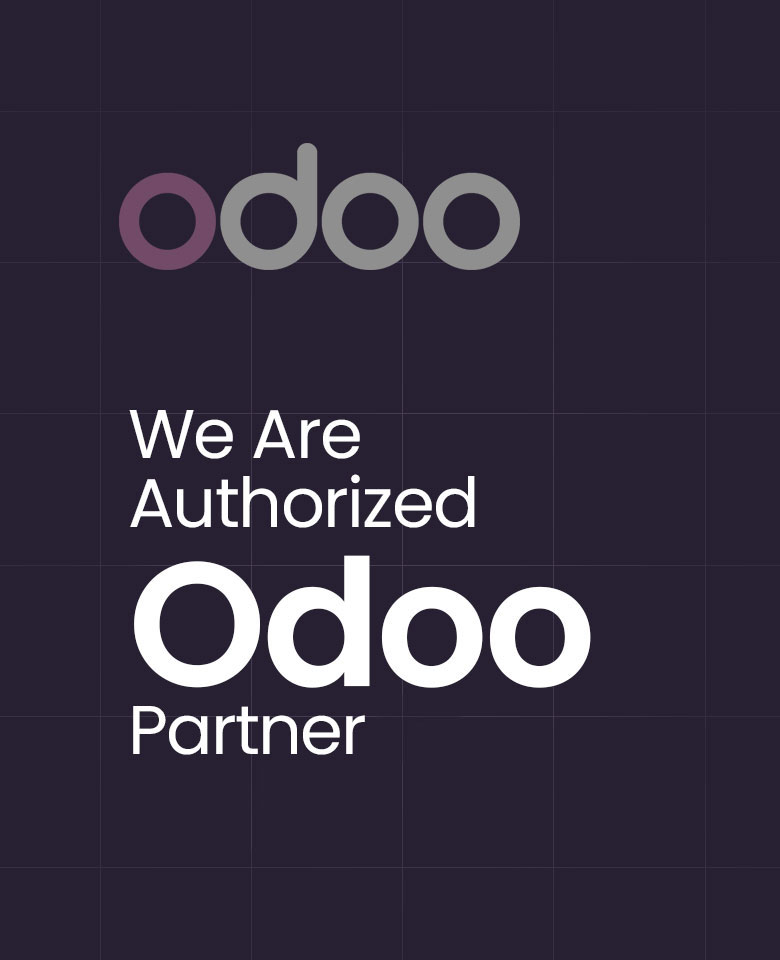Reasons Why Odoo ERP Implementations Fail
A company is more likely to succeed if Odoo ERP Implementation Failures are properly addressed during the implementation process. No matter how big or small the firm, a well-developed ERP provides managers with all the inputs and information they require. It enables the company to improve communication among its employees, vendors, and customers. Employees in a company have any idea how difficult an Odoo ERP setup is or how a few crucial factors can make the difference between an ERP’s success or failure
ERP implementation failures can be attributed to a variety of factors. Here are some of the most typical reasons.
Before beginning the implementation process, carefully examine each of these factors to increase your chances of success.
Lack of Implementation Plan
The lack of an organised implementation strategy is one of the most frequent reasons for failure.
Large Odoo ERP implementation projects frequently fail even before they start. The company must ensure that they need it before even using it. Businesses that are unhappy with their current system eventually come to believe that their productivity problems are caused by the product they are using. They invest in an expensive, complicated, and expensive ERP replacement project when all needed was a simple tune-up of their current framework or an additional application. Even reimplementing the same programming is typically less expensive than switching to a different product vendor.
Knowing what needs to be done and when might be challenging without a plan. A plan can also keep everyone on track by offering a vision for the whole implementation process.
Absence of a Clearly Stated Objective
An organisation must first have a defined aim before deciding to implement an ERP framework.
Lack of consensus on the issues being discussed, the desired outcome, or the specific financial parameters of the assignment frequently results in problems with later scope control and maintaining official sponsorship. Having a clear objective entails defining the crucial company structures, financial benefits, and deadlines in advance and convincing some partners to agree on how to handle them. The goal becomes a changing target if there isn’t a clear sense of completion for it.
Choosing the wrong ERP consultant
The right implementation partner must be carefully chosen just like the ERP system.
A good ERP implementation partner examines and comprehends your company’s operations and process flows before designing a system that works for you. They will assist you with the implementation, suggest best practices for your industry, and keep an eye on all the crucial elements that will make it successful. As ERP software is frequently customised to meet the needs of various industries, make sure your partner has experience in the relevant sector. The business processes and their needs must be thoroughly understood by the business analyst. Any misunderstanding has major consequences.
Lack of Business Analysis
A business analyst needs to be well-versed in the requirements of the business operations. Any misunderstanding causes significant problems. If the individual is uncertain about the requirements, there is a good chance that inaccurate documentation will ultimately lead to a failed implementation.
Lack of Testing
The system must be tested to make sure it functions as planned and is free of defects and errors.
Without adequate testing, the system could malfunction when it goes live. At least one phase of validation is required for the ERP applications. Without enough test data, it might be challenging to assess whether your program lived up to its claims. Furthermore, even with reliable test data, determining what needs to be altered may be difficult without enough validation and reporting analysis.
Lack of Training support
A critical part of any ERP implementation is training all personnel.
To fully utilise the system’s features and functions, users must receive complete training on them. Proficient users are necessary for an Odoo ERP setup. They won’t be able to utilise the system successfully without this training, which could confuse them. If users aren’t properly taught, they interfere with the ability of the post-implementation support team to solve urgent issues. With fewer support resources available, the implementation implodes because it becomes more difficult to resolve problems before go-live.
A successful implementation requires the complete support of high management who must be invested in the project’s outcome. Without this support, it will be challenging to win over other parties.

